New York Governor Kathy Hochul announced plans today to develop a new nuclear power plant, the first to be built in the state in decades.
It’s the latest signal that nuclear energy could see a comeback in the US thanks to wide-ranging support from some strange bedfellows: the Trump administration purporting to seek “energy dominance”; tech companies in need of more electricity for AI data centers; and climate hawks on board with nuclear energy as a carbon pollution-free alternative to fossil fuels.
Nuclear energy could see a comeback in the US thanks to wide-ranging support from some strange bedfellows
“The use of advanced nuclear technology can provide the State with a greater diversity of its energy resources that will support New York’s goal of a growing economy with a reliable, zero-emission electricity system,” New York State Energy Research and Development Authority president and CEO Doreen Harris said in a press release.
Hochul is directing the New York Power Authority to construct at least one new site for nuclear energy upstate with the capacity to generate at least 1 gigawatt of electricity (about half the capacity of Hoover Dam power plant).
The state is interested in advanced reactors that are still under development, in the hopes of overcoming some of the obstacles the nuclear energy industry has faced over the years. After a boom in nuclear reactors built in the 1970s and ‘80s, the technology struggled to compete as gas-fired power plants and solar and wind farms became cheaper sources of electricity. Fears about nuclear accidents like the partial meltdown at Three Mile Island and conflicts over where to store radioactive waste have also bogged down the industry.
The Vogtle power plant in Georgia has become an example of the kinds of problems that have plagued nuclear power projects; it’s the site of the first all-new reactors built in the US in more than three decades. After construction started in 2009, Vogtle units 3 and 4 finally came online in 2023 and 2024, roughly $17 billion over budget.
Now, the average age of a nuclear reactor in the US is 42 years old, with many retiring recently or scheduled to soon shutter. That trend is starting to reverse, with help from Big Tech and government incentives. Google and Amazon have both inked agreements to support the development of next-generation nuclear reactors. Meta signed a deal this month to help keep a reactor built in the 1980s alive for another 20 years. And Microsoft announced a power purchase agreement last year that’s supposed to lead to the restart of one reactor at Three Mile Island.

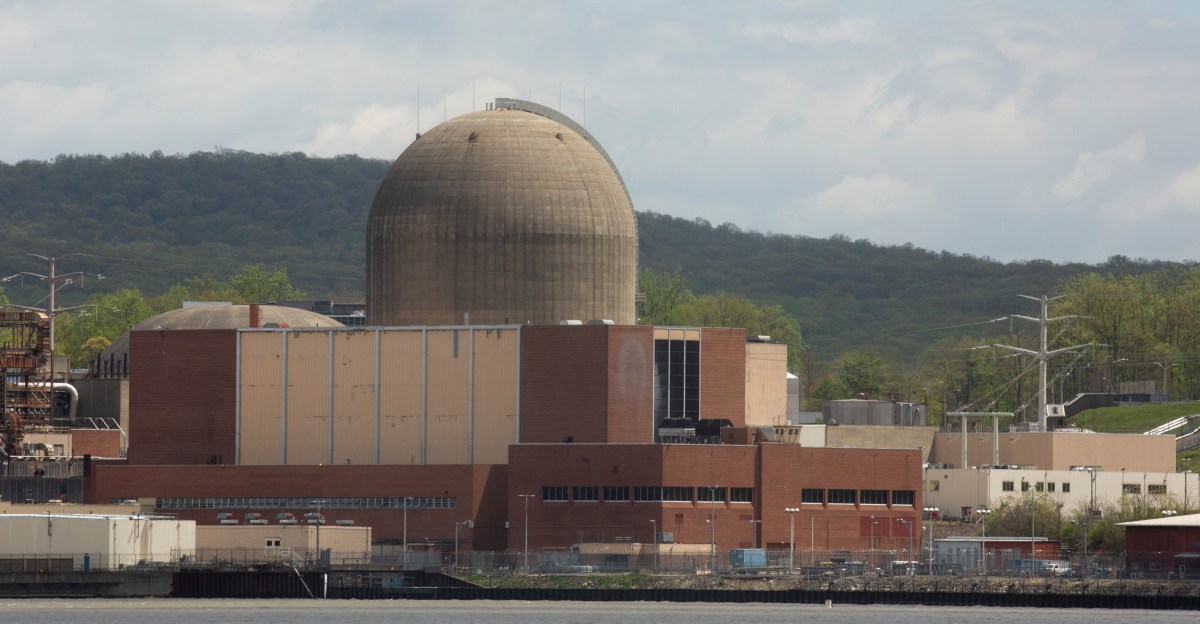


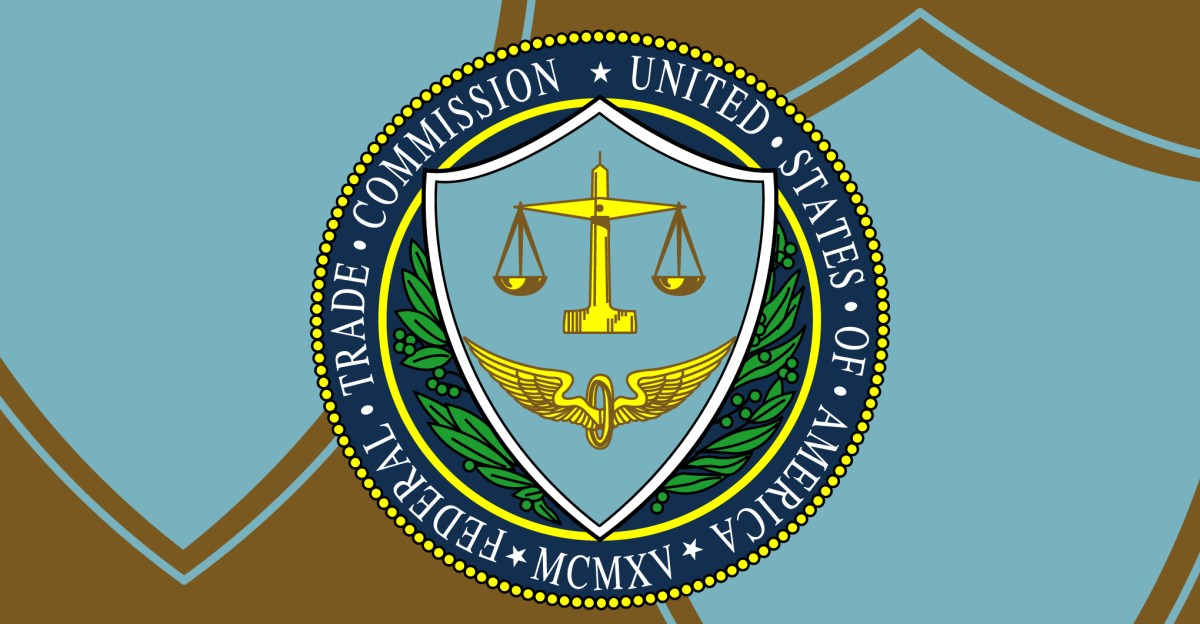

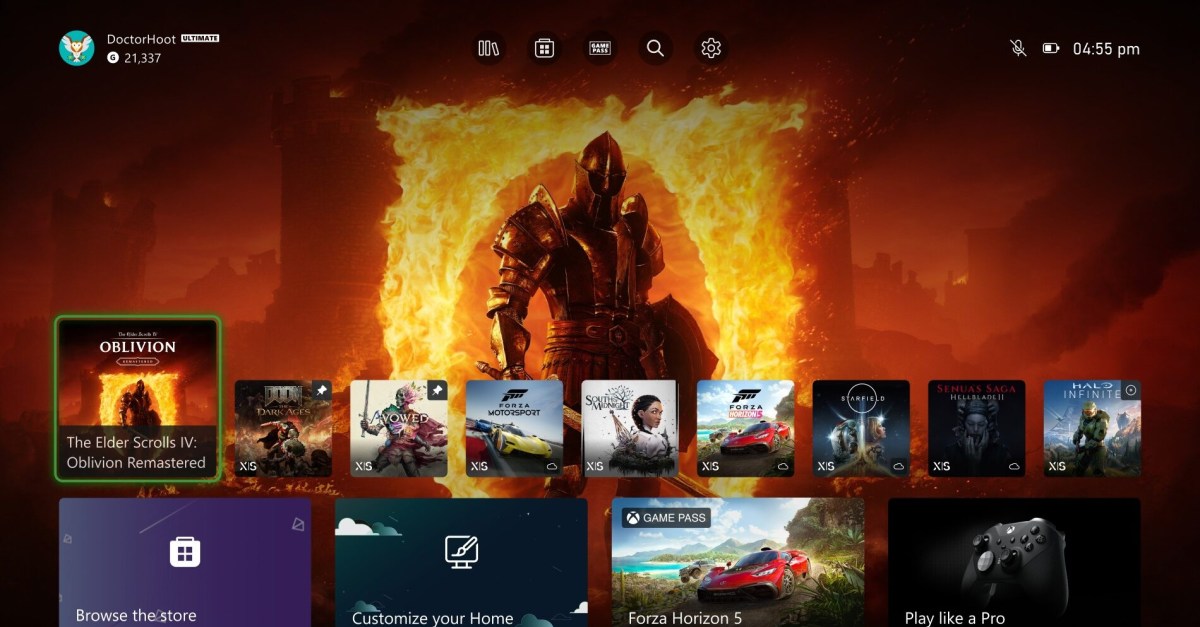


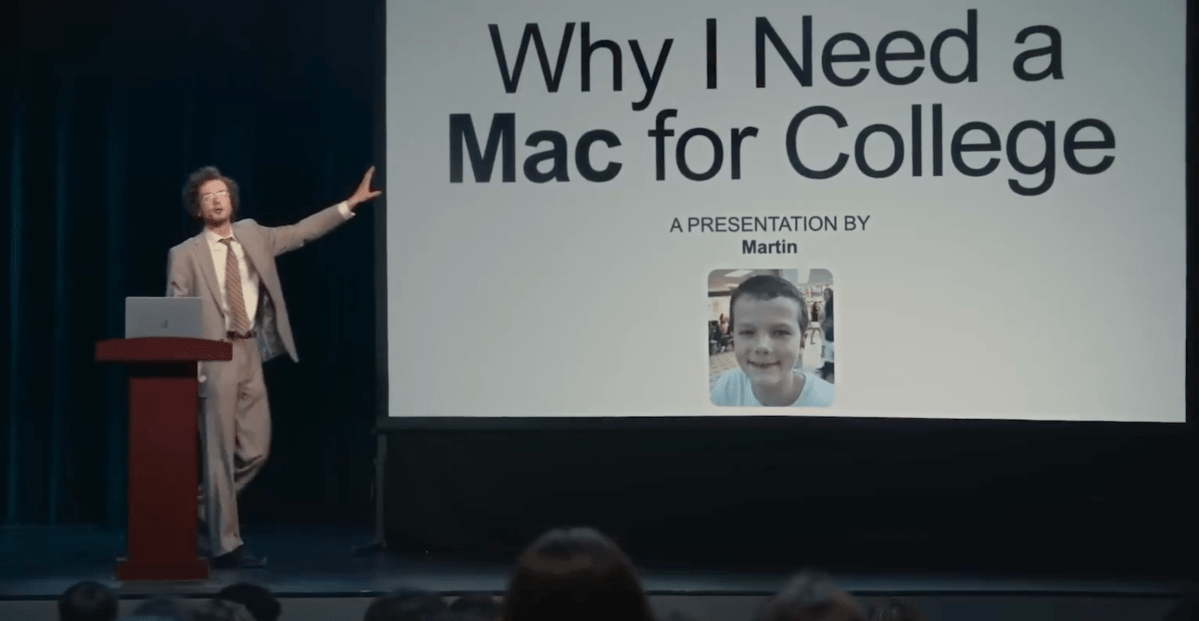


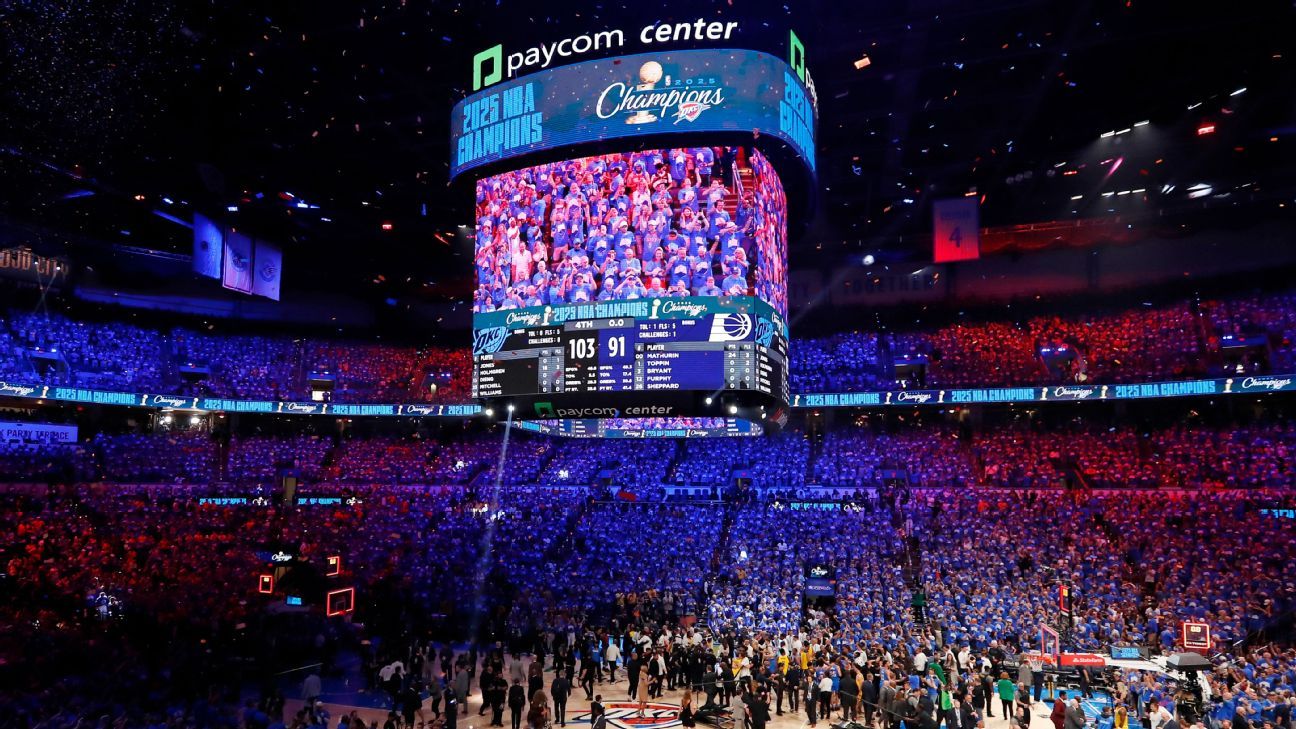

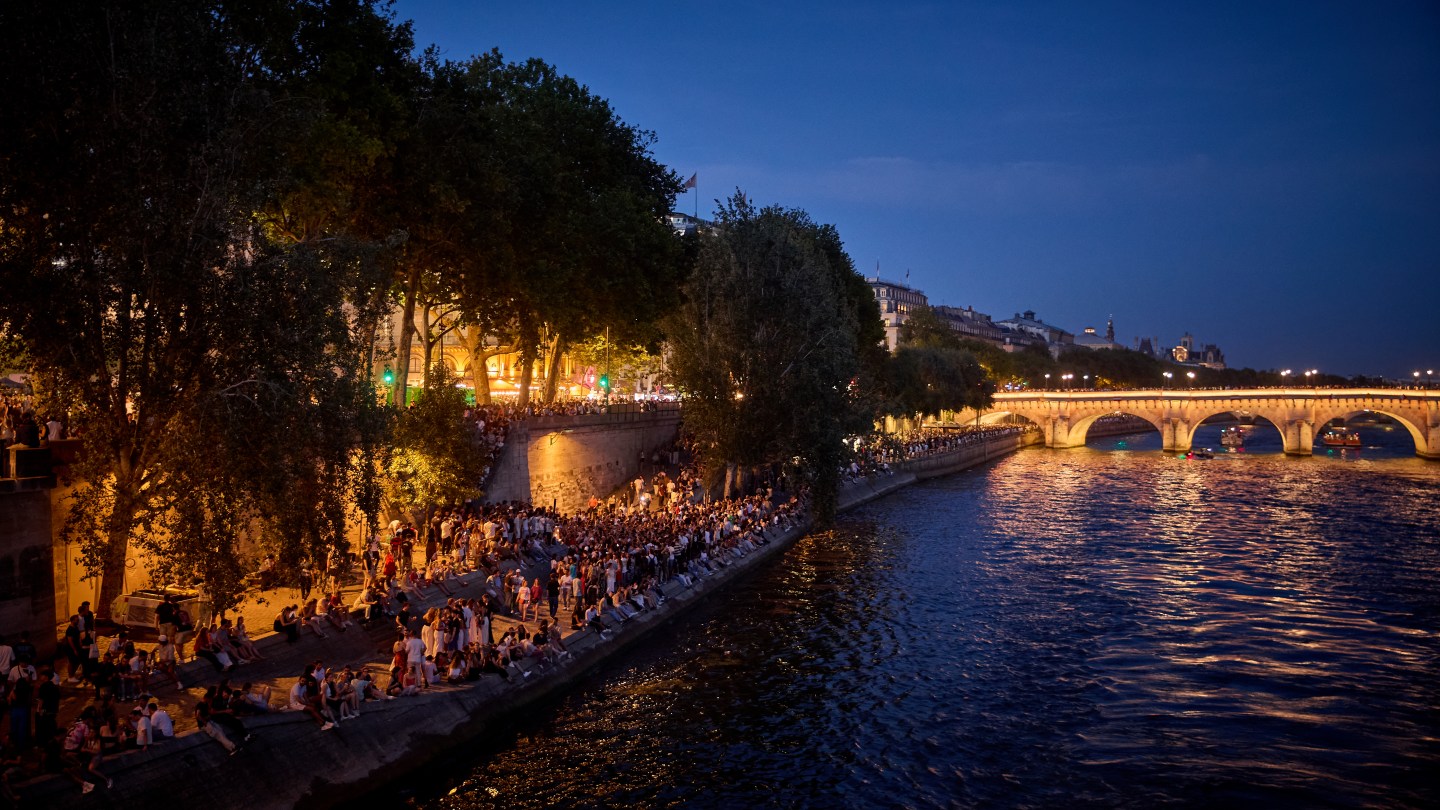
Leave a Reply